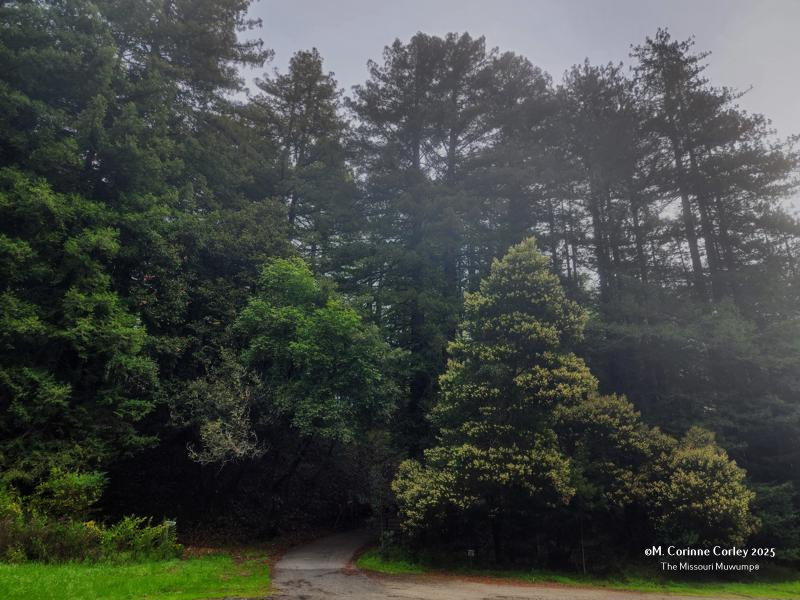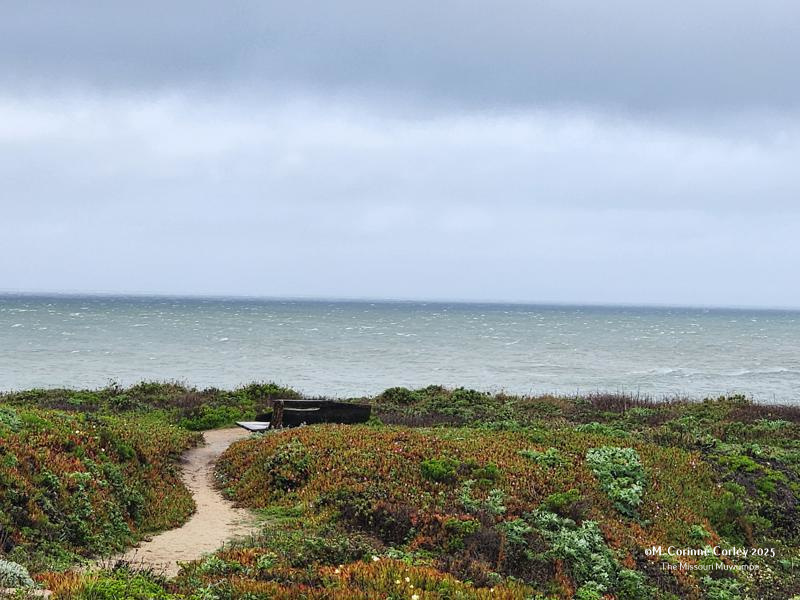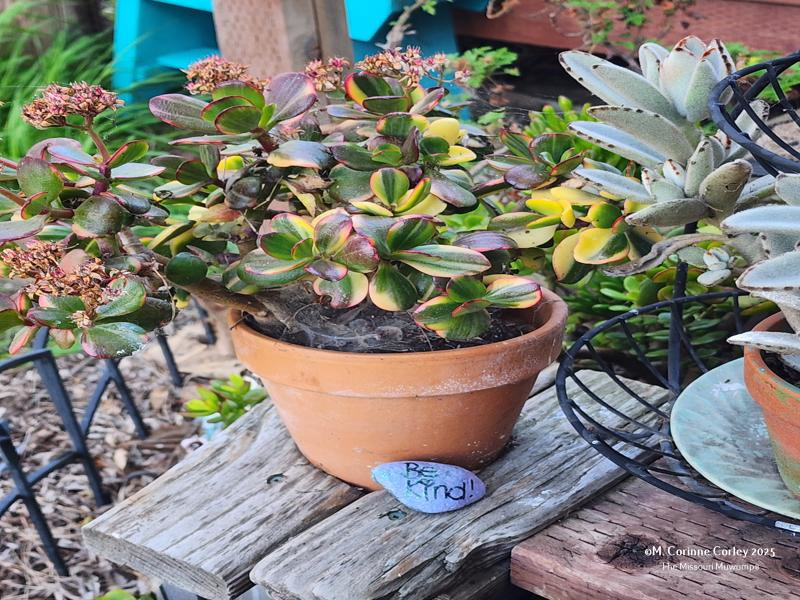Whatever else one can say about my father — and much could be said, though little of virtue — I owe him this much: When faced with the prospect of his little girl never walking again, he taught me instead to read.
I recall sitting at the table with him at a tender age, less than four, certainly, in front of a newspaper. He would place one finger on the trembling page, holding it firmly with a hand that also clutched a Camel straight. A cup and saucer stood at his elbow, full of over-perked coffee. He probably had not shaved, and the acrid smell of last night’s beer mixed with stale smoke and chagrin. I might care, a few years later; but at that moment, I heeded none of that.
Instead, I squinted and fixed my blue gaze on the starkness of black type against a greyish background. His voice cut through my confusion as he sounded words and instructed me to repeat them. I couldn’t say, more than six decades hence, to where the other kids had scattered. Five older ones ranging from twelve to six probably had jumped at the chance to play for a bit without anxiously waiting for the sharp snap of a displeased patriarch.
Throughout my childhood, books comforted me. Our Grandmother Corley sent stacks of Reader’s Digest Condensed volumes, where I read classics without realizing their truncated nature. As an adult, I devoured the full-length versions, shaking my head, feeling cheated. But through my grade school years, those books meant so much — escape, education, enlightenment, everything that our chaotic home lacked.
Last evening, I struggled to find a comfortable position while thinking about various people whose current troubles worry me. Without a strong religion, I feel a bit like a fraud sending prayers into the ozone. That’s the trouble with basic beliefs. The existence of a divine entity gives me comfort but not bargaining power, usually reserved for those bound by an intricate and overbearing dogma.
I suddenly remembered a book that had come to us in one of the bonus boxes from Grandma. The Reason for Ann held a collection of novellas between its blue covers. The title story centers on two recording angels assigned to watch over a ne’er-do-well, whose earthly antics they bemoan. Each exploit and misstep reflects on ledger pages in carefully drawn red marks; the few good deeds appeared in black alongside credits for his mother’s prayers.
Somewhere along the way, their scallywag charge enlisted to serve in the Korean War. On the same day he met Ann, a beautiful, gentle creature for whom the angels could see no reason. The fellow did not deserve the lovely and kind woman. Yet she had come into his life. Against all odds, it seemed they loved each other.
Off he went to battle, earning his pilot’s wings. In the sky, as they watched, he met what the book marked as his certain end. The ink stopped; the remaining pages blank. One angel went off to see the fellow’s judgment hour, while the other hung his head and wept.
And yet: he survived. They watched from the golden mist and a figure emerged: Ann, on her knees in a chapel, head bowed, eyes closed. At last, they understood the reason for Ann.
In the dark of my tiny house, I said a prayer for my loved ones who face their own difficulties — none fatal, none terminal, but still bothersome, and still perhaps reason enough for divine intervention. Though I closed my eyes, I did not bend a knee. I did not want whatever divine spirit might be listening to find me pretentious. I only wanted to let he, she, or it know that if, somehow, the brush could raise and set a few more rows of lovely black characters to flow across the page, I would be ever so grateful indeed.
Mugwumpishly tendered,
Corinne Corley
The Missouri Mugwump®








